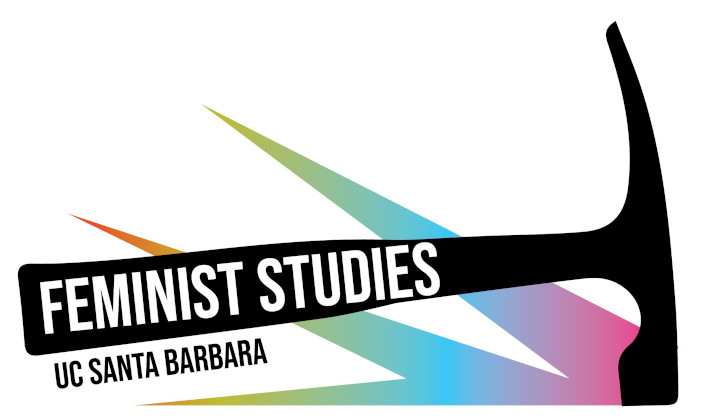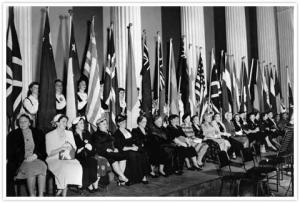Event Date:
Event Location:
- HSSB 4020
Speaker:
Sponsored by the Hull Chair in Feminist Studies and the Department of History
The League of Finnish Feminists at the International Council of Women in Helsinki, 1954
The Nordic Countries are known for women’s high labor force participation, women’s relatively visible role in politics and institutional welfare states that aim at promoting gender equality. Even if the position of women in international comparisons must be characterized as very strong, gender relations show some striking paradoxes. Gender segregation in the labor market is high, women still seem to face a glass ceiling in both the private and the public sector and violence against women is a more common phenomenon than it was expected. This presentation explores women and gender from a Nordic perspective. How do Nordic scholars address gender issues? What are their thematic and theoretical choices?
Pirjo Markkola is Professor of Finnish history at the University of Jyväskylä, Finland. Her research interests include gender history, history of childhood, social welfare, religion and the welfare states. She is a member of the Nordic Centre of Excellence NordWel, a research team leader in the Finnish CoE in Historical Research, and a former Vice President of the International Federation for Research on Women.
Markkola’s recent publications include “The Lutheran Nordic welfare states” in Pauli Kettunen & Klaus Petersen (eds), Beyond Welfare State Models. Transnational Historical Perspectives on Social Policy (2011); Co-operatives and the Social Question. The Co-operative Movement in Northern and Eastern Europe (1880–1950), edited with Mary Hilson and Ann-Catrin Östman (2012); Education, State and Citizenship, edited with Mette Buchardt and Heli Valtonen (2013); and “Deaconesses go Transnational: Knowledge Transfer and Deaconess Education in nineteenth century Finland and Sweden,” in Inger Marie Oggenhaug & al (eds), Humanitarianism, Nursing and Missions (2013).

